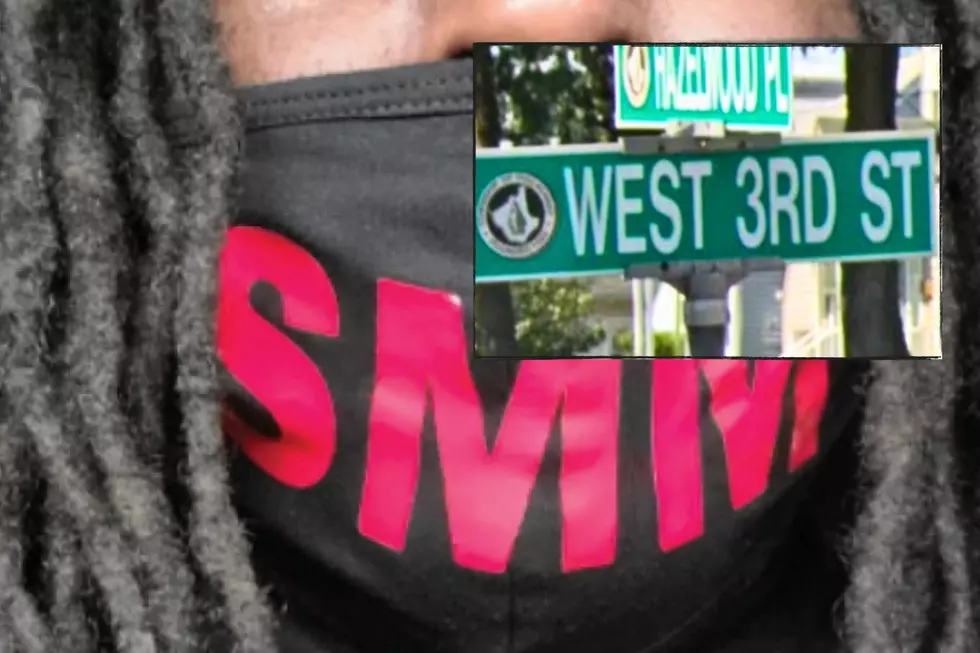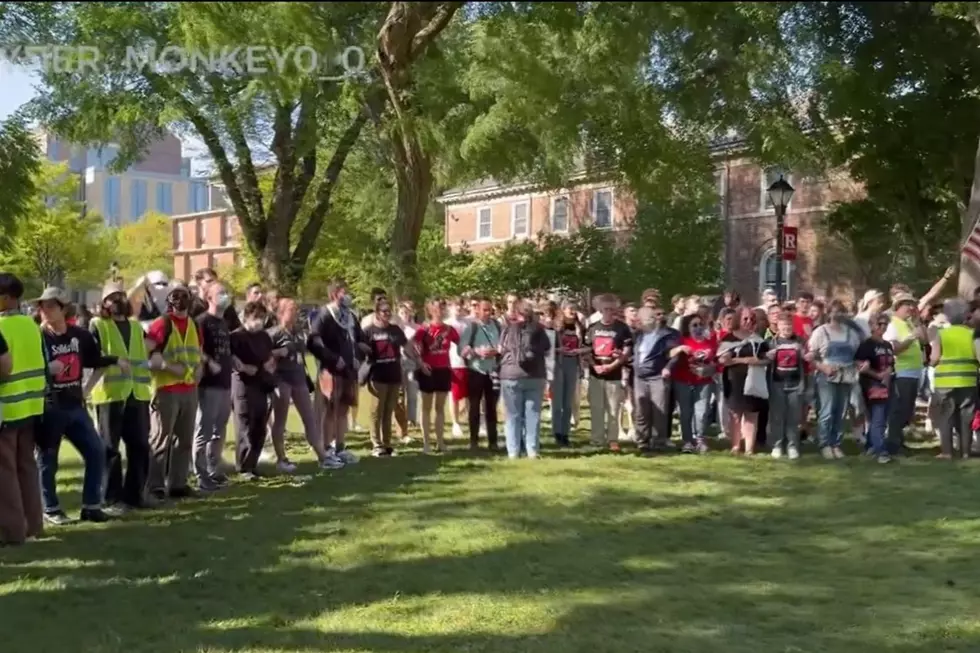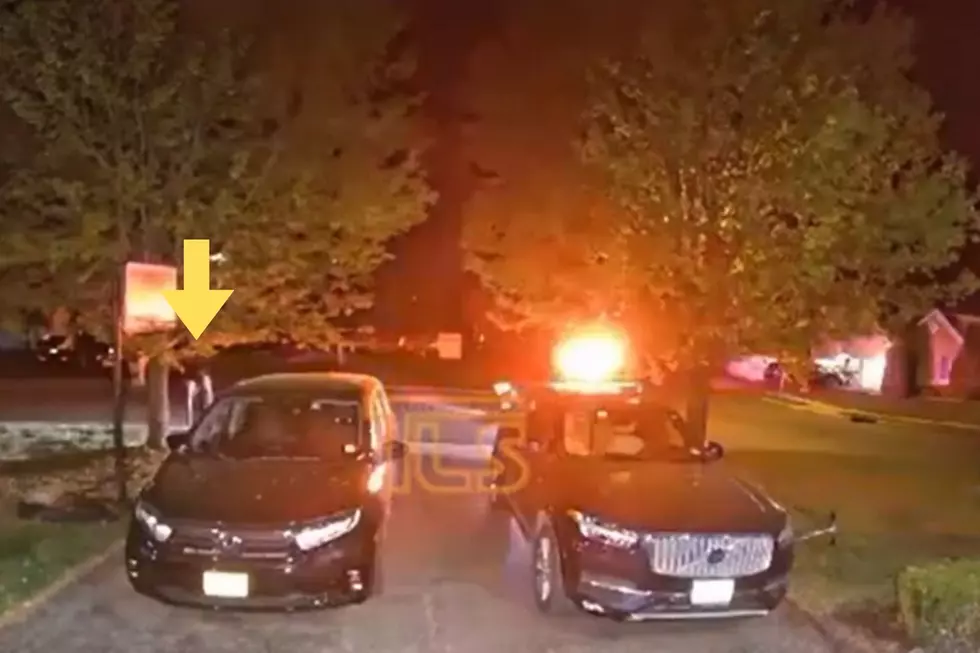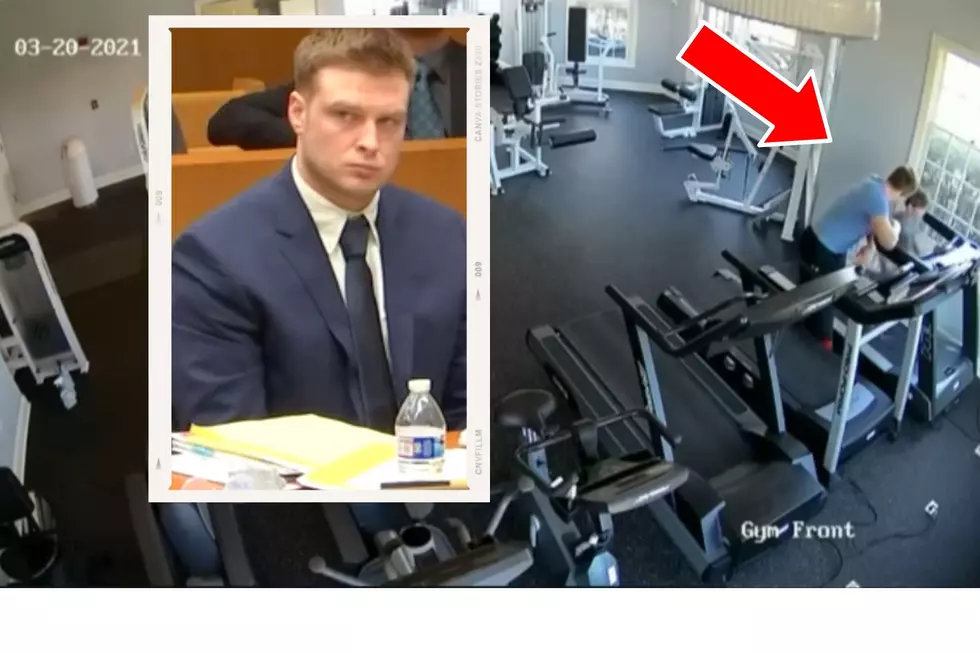
After apology, Philly among many Jackie Robinson tributes
As cities across the country honored Jackie Robinson's pioneering baseball career, one also apologized for its racist treatment of Major League Baseball's first black player nearly 70 years ago.
When Robinson's Brooklyn Dodgers played the Philadelphia Phillies in 1947, he was told to "go back to the cotton fields" by the Phillies' manager, refused service at a local hotel and taunted by players with racial slurs when he came to bat. On Friday, Philadelphia's city council publicly acknowledged the incident as a dark chapter in the city's history.
"He faced tremendous racism in our city," Councilwoman Helen Gym said. "It was something he never forgot ... but neither should we."
April 15 is recognized nationally as Jackie Robinson Day, and ballparks around the country are also celebrating the 69th anniversary of the day he broke the league's color barrier in 1947. Robinson played for the Brooklyn Dodgers until 1956.
Gym presented a resolution , passed by the council last month, before about 100 children, city leaders and Robinson fans -- some wearing his No. 42 Dodgers jersey -- gathered at the Philadelphia Stars Negro League Memorial Park. Among them was 79-year-old Carolyn Mitchell, who saw Robinson play as a girl.
Mitchell, who is black, said Friday's ceremony was "very meaningful" and that passing by the park gave her back fond memories of watching baseball growing up. The youngest of eight children and her parents' only daughter, Mitchell took to sports early and saw Robinson play in Philadelphia in the early 1950s.
"He was unbelievable," she recalled, smiling. "He could run like crazy. He used to love to steal bases."
Robinson's skill for base-stealing is depicted in a mural on Philadelphia's north end painted nearly a decade ago in his honor. Walking near the mural on Friday afternoon with her 10-year-old daughter, Nate', Tikeena Harris explained that blacks and whites didn't used to play sports together.
Tommy Keels, who lived nearby and passes the mural regularly, said Robinson was a groundbreaker who represented his race well.
"I lived through Jim Crow," said Keels, 60, who is from Miami. "I was raised in the South. I experienced a lot of things I know he did on a monumental scale."
In Los Angeles, where the Dodgers played their first game in 1958, Robinson's widow, Rachel, and daughter Sharon were participating in a pregame ceremony before the Dodgers faced the San Francisco Giants at Chavez Ravine -- where the club first retired Robinson's uniform number on June 4, 1972.
Los Angeles Dodgers broadcaster Vin Scully, who was there for Robinson's career in Brooklyn, said Robinson's "self-control under some pressurized circumstances was remarkable."
"We all knew that that fire of competitiveness was always on high, and he was not always welcomed. But he overcame all of that," Scully said. "That, to me was the most remarkable thing -- how controlled he was with all the hell that was running around him. He took a lot of abuse, but kept his jaw tight. He had to be an unusual man, and he was."
Orlando Hudson, a 12-year veteran who played second base for the Dodgers in 2009, still has a couple of framed No. 42 jerseys hanging in his home, along with a photo of himself and Rachel Robinson -- among his most treasured souvenirs from his playing career.
"Being an African-American male, playing the same position with the Dodgers that he did and wearing number 42 on this day, you can't get better than that," said Hudson, who now works for the Arizona Diamondbacks and has done some speaking engagements with Robinson's widow over the years.
Robinson died on October 24, 1972, at the age of 53, months after he became the first black player inducted into the Hall of Fame.
(Copyright 2016 The Associated Press. All rights reserved. This material may not be published, broadcast, rewritten or redistributed.)
More From New Jersey 101.5 FM









